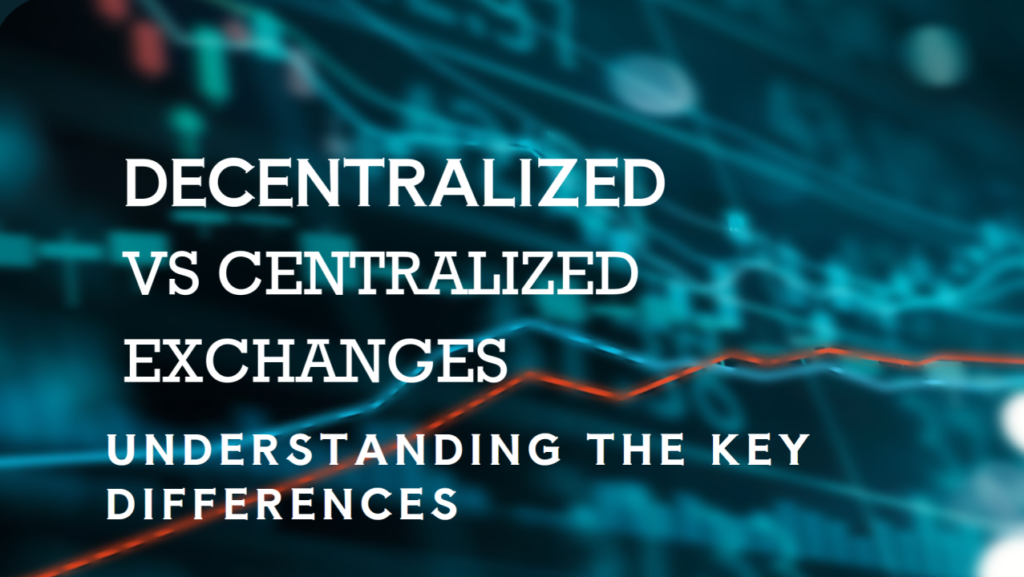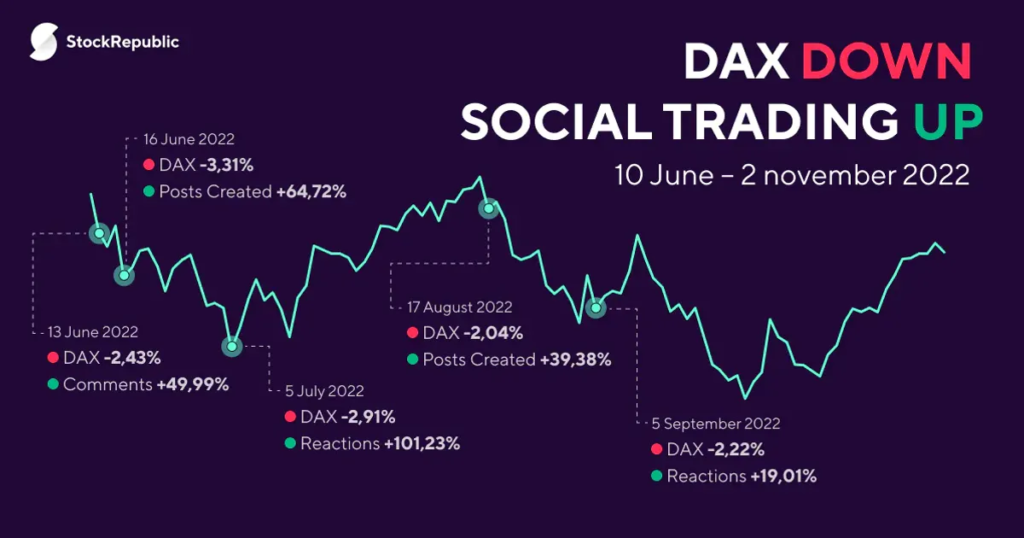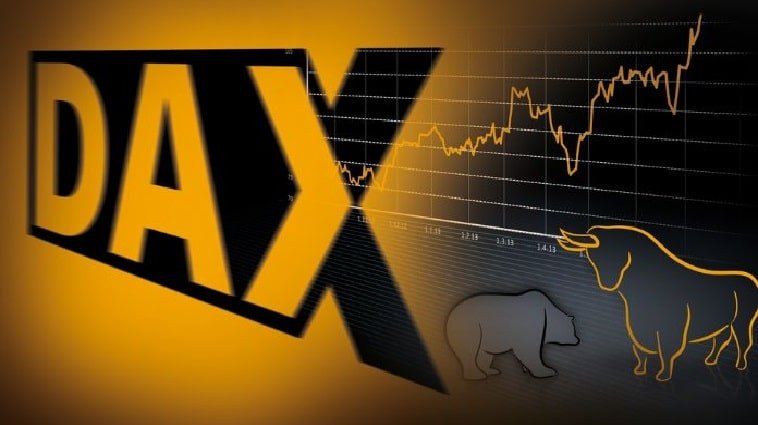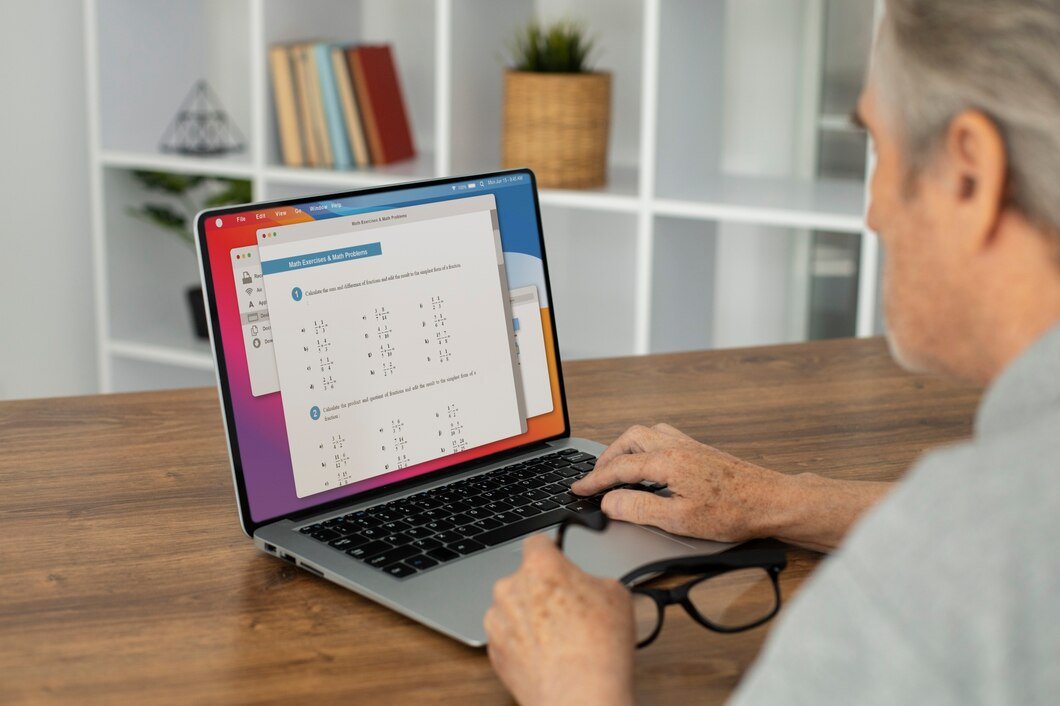Table of Contents
Introduction to (Dax Fintechzoom)
In the rapidly evolving world of financial technology (fintech), the Digital Asset Exchange (DAX) has emerged as a significant player. As the digital economy expands, traditional financial systems are being disrupted by new technologies and platforms, with DAX standing at the forefront of this transformation. This article delves into the intricacies of DAX within the fintech ecosystem, exploring its impact, challenges, and future prospects.
What is DAX?
DAX, or Digital Asset Exchange, is a platform that facilitates the trading of digital assets, including cryptocurrencies, tokenized assets, and other blockchain-based financial instruments. Unlike traditional exchanges that deal with physical or fiat assets, DAX operates in the digital realm, providing a marketplace where users can buy, sell, and exchange digital assets with ease. (Dax Fintechzoom)
The Rise of Digital Assets
The rise of digital assets has been one of the most significant developments in the fintech sector. From Bitcoin’s inception in 2009 to the proliferation of various cryptocurrencies and tokenized assets, the market for digital assets has grown exponentially. DAX platforms have become the go-to venues for trading these assets, offering liquidity, security, and accessibility to a global audience. (Dax Fintechzoom)
How DAX Differs from Traditional Exchanges

DAX platforms differ from traditional financial exchanges in several key ways. Firstly, they operate 24/7, reflecting the always-on nature of the digital world. Secondly, they cater primarily to digital assets rather than stocks, bonds, or commodities. Thirdly, DAX platforms often incorporate advanced technologies such as blockchain, smart contracts, and decentralized finance (DeFi) protocols, which traditional exchanges are only beginning to explore.
The Role of Blockchain in DAX
Blockchain technology is at the core of most DAX platforms. It ensures transparency, security, and immutability of transactions, which are crucial in the digital asset market. The decentralized nature of blockchain also means that DAX platforms can operate without a central authority, reducing the risk of fraud and manipulation. (Dax Fintechzoom)
DAX and Cryptocurrency Trading

One of the primary functions of DAX platforms is facilitating cryptocurrency trading. Cryptocurrencies like Bitcoin, Ethereum, and hundreds of others are traded on these exchanges. DAX platforms offer various trading pairs, allowing users to exchange one cryptocurrency for another or convert cryptocurrencies to fiat currencies and vice versa. (Dax Fintechzoom)
Security Measures on DAX Platforms
Security is a top concern for DAX platforms, given the high stakes involved in digital asset trading. These platforms employ multiple layers of security, including encryption, two-factor authentication, and cold storage solutions, to protect users’ assets from hacks and unauthorized access. (Dax Fintechzoom)
Regulatory Challenges Facing DAX
Despite their growing popularity, DAX platforms face significant regulatory challenges. Different countries have varying approaches to digital assets, with some embracing them and others imposing strict regulations or outright bans. DAX platforms must navigate this complex regulatory landscape to operate legally and effectively across different jurisdictions. (Dax Fintechzoom)
The Impact of DAX on Global Finance
DAX platforms are reshaping global finance by democratizing access to investment opportunities. They enable individuals from around the world to participate in the digital asset market, often with lower fees and fewer barriers than traditional financial systems. This shift is particularly impactful in regions with underdeveloped banking infrastructure. (Dax Fintechzoom)
The Role of DeFi in DAX
Decentralized finance (DeFi) is a movement within the fintech space that aims to create an open, permissionless financial system. DAX platforms are integral to the DeFi ecosystem, providing the infrastructure for trading and exchanging decentralized financial products such as stablecoins, lending protocols, and decentralized exchanges (DEXs). (Dax Fintechzoom)
Innovation in DAX Technology
Innovation is a constant in the DAX space, with new technologies and features being introduced regularly. From advanced trading algorithms to AI-driven market analysis, DAX platforms are at the cutting edge of fintech innovation. These innovations are not only enhancing user experience but also improving the efficiency and security of digital asset trading. (Dax Fintechzoom)
The Future of DAX in Fintech
The future of DAX in the fintech sector looks promising, with continued growth expected in the coming years. As more people and institutions recognize the value of digital assets, the demand for DAX platforms will likely increase. Additionally, the ongoing development of blockchain technology and DeFi will further integrate DAX into the broader financial system. (Dax Fintechzoom)
DAX and Institutional Investors
Institutional investors are beginning to show interest in digital assets, and DAX platforms are playing a key role in this shift. By offering secure, regulated environments for trading, DAX platforms are making it easier for institutional players to enter the market. This influx of institutional capital is expected to drive further growth and stability in the digital asset market. (Dax Fintechzoom)
Challenges and Risks Associated with DAX
Despite their advantages, DAX platforms are not without challenges and risks. Volatility in the digital asset market can lead to significant losses, and the relatively new and evolving regulatory environment creates uncertainty. Additionally, the reliance on technology means that DAX platforms are vulnerable to technical failures and cyberattacks. (Dax Fintechzoom)
The Role of Smart Contracts in DAX
Smart contracts are self-executing contracts with the terms of the agreement directly written into code. They play a crucial role in DAX platforms by automating transactions and ensuring that they are executed as intended without the need for intermediaries. This automation increases efficiency and reduces the potential for human error. (Dax Fintechzoom)
DAX and Tokenization
Tokenization is the process of converting physical or intangible assets into digital tokens on a blockchain. DAX platforms are at the forefront of this trend, offering markets for tokenized assets such as real estate, art, and even intellectual property. This process is expanding the range of assets that can be traded digitally, opening up new investment opportunities. (Dax Fintechzoom)
Cross-Border Trading on DAX
One of the major advantages of DAX platforms is their ability to facilitate cross-border trading. Unlike traditional financial systems that are often limited by geographical boundaries and regulatory differences, DAX platforms operate globally, enabling users to trade digital assets with anyone, anywhere in the world.
User Experience on DAX Platforms
User experience is a critical factor in the success of DAX platforms. To attract and retain users, these platforms must offer intuitive interfaces, seamless transactions, and reliable customer support. Many DAX platforms are investing heavily in user experience design to ensure they meet the needs of both novice and experienced traders. (Dax Fintechzoom)
The Social Impact of DAX

DAX platforms are not only transforming finance but also having a broader social impact. By democratizing access to financial markets, they are empowering individuals, particularly in developing regions, to participate in the global economy. This increased access to financial resources can contribute to economic growth and reduce inequality.
Conclusion: The Growing Importance of DAX
As the fintech landscape continues to evolve, DAX platforms are becoming increasingly important. They are driving innovation, expanding access to financial markets, and challenging traditional financial systems. While challenges remain, the potential of DAX to reshape the future of finance is undeniable. As more individuals and institutions embrace digital assets, DAX will likely play a central role in the global financial ecosystem.
FAQs
1. What is DAX in fintech?
DAX, or Digital Asset Exchange, is a platform that allows users to trade digital assets such as cryptocurrencies, tokenized assets, and other blockchain-based financial instruments.
2. How does DAX differ from traditional exchanges?
DAX operates 24/7 and primarily deals with digital assets, utilizing blockchain technology, smart contracts, and decentralized finance protocols, unlike traditional exchanges that focus on physical and fiat assets.
3. What role does blockchain play in DAX?
Blockchain ensures transparency, security, and immutability of transactions on DAX platforms, enabling decentralized and secure trading environments.
4. What are the security measures on DAX platforms?
DAX platforms use encryption, two-factor authentication, and cold storage solutions to protect users’ digital assets from hacks and unauthorized access.
5. What challenges do DAX platforms face?
DAX platforms face regulatory challenges, market volatility, and technological vulnerabilities, all of which create uncertainty in their operation.
6. What is the future of DAX in fintech?
The future looks promising as digital assets gain popularity, with DAX platforms expected to grow and integrate further into the global financial system.
7. How are institutional investors involved with DAX?
Institutional investors are increasingly entering the digital asset market through DAX platforms, which offer secure, regulated environments for trading.
8. What are smart contracts and how are they used in DAX?
Smart contracts are self-executing contracts with terms written into code, used in DAX platforms to automate and secure transactions without intermediaries.
9. What is tokenization in the context of DAX?
Tokenization involves converting physical or intangible assets into digital tokens on a blockchain, which can then be traded on DAX platforms.
10. Can DAX platforms facilitate cross-border trading?
Yes, DAX platforms enable cross-border trading, allowing users to trade digital assets globally without the limitations of traditional financial systems.
Launches hiringwituschekbgr: How to Launch a Successful Hiring Campaign











